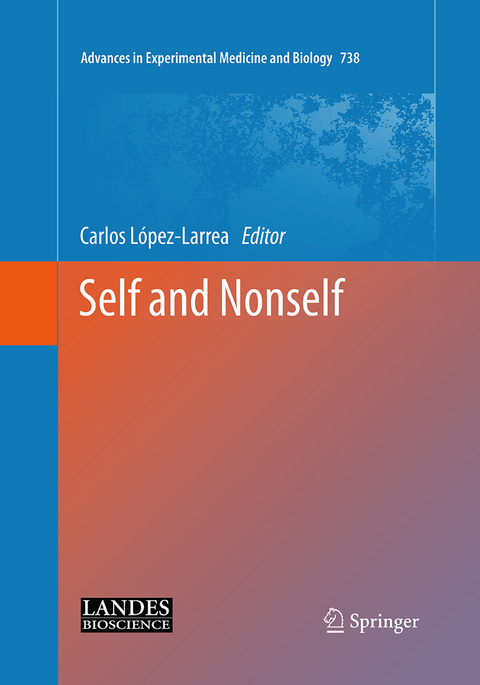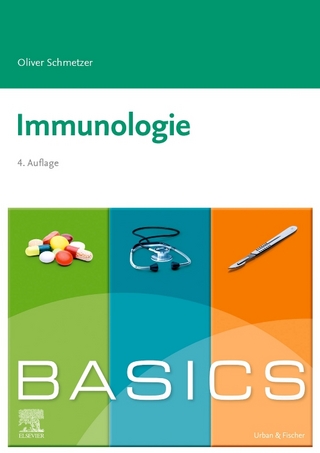
Self and Nonself
Springer-Verlag New York Inc.
978-1-4939-4343-2 (ISBN)
Carlos López-Larrea is Professor of Immunology (Oviedo, Spain) and currently Head of the Department of Immunology at the Hospital Universitario Central de Asturias (Oviedo, Spain). He is a world expert on spondyloarthropathies (SpA), in particular genetic (MHC) and genetic factors that influence the development of the disease. The main research interests of his group also currently include the study of epigenetic mechanisms involved in autoimmune diseases and the role of innate immunity in organ transplantation tolerance. He is a member of several international scientific organizations and board member of different scientific journals. He has published more than 150 international papers and books related to immunology and spondylaorthropathies.
The Origin of the Bacterial Immune Response.- The Evolution of Self During the Transition to Multicellularity.- Glyconectin Glycans as the Self-Assembling Nano-Molecular-Velcrosystem Mediating Self-Nonself Recognition and Adhesion Implicated in Evolution of Multicellularity.- Neglected Biological Features in Cnidarians Self-Nonself Recognition.- Intracellular Inflammatory Sensors For Foreign Invaders and Substances of Self-Origin.- Nonself Perception in Plant Innate Immunity.- How Did Flowering Plants Learn to Avoid Blind Date Mistakes? Self‑Incompatibility in Plants and Comparisons with Nonself Rejection in the Immune Response.- Signaling Pathways that Regulate Life and Cell Death: Evolution of Apoptosis in the Context of Self‑Defense.- Sensing Necrotic Cells.- Sensing Endoplasmic Reticulum Stress.- Autophagy and Self-Defense.- Viruses and Host Evolution: Virus‑Mediated Self Identity.- The Evolution of Adaptive Immunity.- Epigenetic Code and Self-Identity.- Viral Immunomodulatory Proteins: Usurping Host Genes as a Survival Strategy.- The Emergence of the Major Histocompatilibility Complex.- MHC Signaling During Social Communication.
| Erscheinungsdatum | 19.08.2017 |
|---|---|
| Reihe/Serie | Advances in Experimental Medicine and Biology ; 738 |
| Zusatzinfo | XXII, 320 p. |
| Verlagsort | New York |
| Sprache | englisch |
| Maße | 178 x 254 mm |
| Themenwelt | Medizin / Pharmazie ► Medizinische Fachgebiete |
| Studium ► Querschnittsbereiche ► Infektiologie / Immunologie | |
| Schlagworte | immunology • López-Larrea • Self-Nonself Recognition |
| ISBN-10 | 1-4939-4343-X / 149394343X |
| ISBN-13 | 978-1-4939-4343-2 / 9781493943432 |
| Zustand | Neuware |
| Haben Sie eine Frage zum Produkt? |
aus dem Bereich


